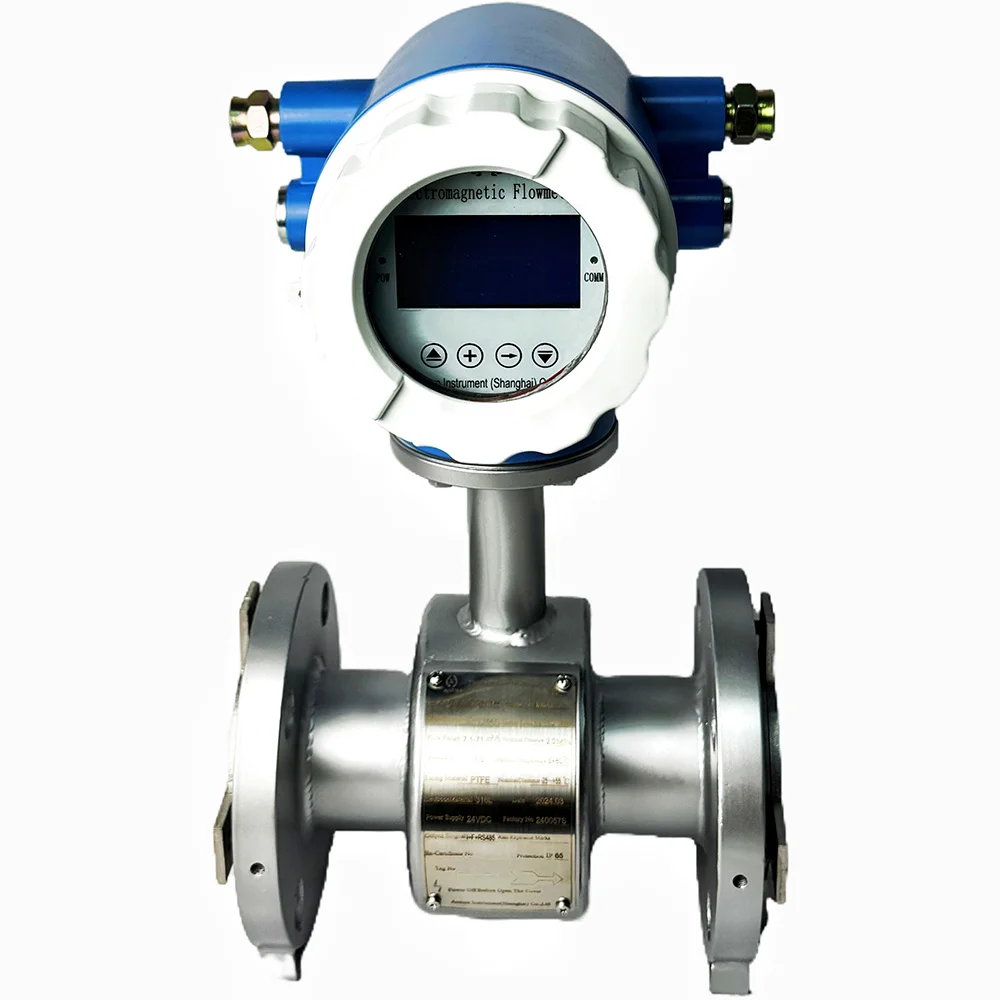The RV Lifestyle: A Comprehensive Financial Guide to Living on the Road
In recent years, the allure of the RV lifestyle has captivated many individuals and families seeking freedom, adventure, and a simpler way of living. However, one of the most pressing questions for those considering this lifestyle is: How much money do you need to live in an RV? This article delves into the various financial aspects of RV living, providing a detailed breakdown of costs, potential savings, and tips for budgeting effectively.
Understanding the Initial Investment
Before embarking on your RV journey, it’s crucial to understand the initial investment required. The cost of purchasing an RV can vary significantly based on the type, age, and condition of the vehicle. Here’s a breakdown of potential costs:
- Type of RV:
- Class A Motorhomes: These are the largest and often the most expensive, ranging from $60,000 to over $500,000.
- Class B Vans: More compact and easier to drive, prices typically range from $40,000 to $150,000.
- Class C Motorhomes: These offer a middle ground, with costs ranging from $50,000 to $200,000.
- Travel Trailers and Fifth Wheels: These can be more affordable, with prices ranging from $10,000 to $100,000, but remember you’ll need a suitable vehicle to tow them.
- Additional Costs:
- Insurance: RV insurance can range from $1,000 to $3,000 annually, depending on the type of RV and coverage options.
- Registration and Taxes: Depending on your state, registration fees can vary widely, often between $100 to $500.
- Maintenance and Repairs: Budgeting around $1,000 to $2,000 annually for maintenance is advisable, as older RVs may require more frequent repairs.
Monthly Living Expenses
Once you’ve acquired your RV, it’s essential to consider ongoing monthly expenses. Here’s a breakdown of typical costs associated with RV living:
- Campground Fees:
- Depending on the location and amenities, campground fees can range from $20 to $100 per night. Long-term stays often offer discounts, averaging $300 to $1,000 per month.
- Utilities:
- Electricity and Water: If you’re staying at campgrounds, these costs may be included. However, if you’re boondocking (camping without hookups), you’ll need to budget for propane and generator fuel, which can range from $50 to $150 monthly.
- Internet: Reliable internet is crucial for many RVers. Costs for mobile hotspots or satellite internet can range from $50 to $150 monthly.
- Food and Groceries:
- Depending on your eating habits, budget around $300 to $600 per month for groceries. Cooking in your RV can save money compared to dining out.
- Fuel Costs:
- Fuel expenses can vary widely based on travel frequency and distance. On average, RV owners spend $200 to $500 monthly on fuel, depending on how often they move.
- Entertainment and Activities:
- Budgeting around $100 to $300 monthly for activities, sightseeing, and entertainment is advisable, especially if you plan to explore national parks or attractions.
Potential Savings and Income Opportunities
Living in an RV can also present unique opportunities for savings and income generation:
- Lower Housing Costs:
- Many RVers find that their overall housing costs decrease significantly compared to traditional homeownership or renting. This can free up funds for travel and experiences.
- Workamping:
- Many RVers take advantage of workamping opportunities, where they work part-time at campgrounds or resorts in exchange for free or discounted accommodations. This can help offset living expenses.
- Remote Work:
- The rise of remote work has enabled many RVers to maintain their jobs while traveling. This flexibility allows for a steady income while exploring new locations.
Budgeting Tips for RV Living
To ensure a sustainable RV lifestyle, consider the following budgeting tips:
- Create a Detailed Budget:
- Track all expenses meticulously, including unexpected costs. Use budgeting apps or spreadsheets to stay organized.
- Plan Your Route Wisely:
- Consider the distance between stops and fuel costs. Planning your route can help minimize travel expenses.
- Embrace Minimalism:
- Living in an RV requires downsizing. Embrace a minimalist lifestyle to reduce clutter and unnecessary expenses.
- Join RV Communities:
- Engaging with fellow RVers can provide valuable insights, tips, and potential discounts on campgrounds and services.
Conclusion
Living in an RV can be a fulfilling and financially viable lifestyle choice, but it requires careful planning and budgeting. By understanding the initial investment, ongoing monthly expenses, and potential savings, you can make informed decisions that align with your financial goals. Whether you’re seeking adventure, a simpler life, or a way to explore the country, the RV lifestyle offers a unique opportunity to live life on your terms. With the right financial strategies in place, you can enjoy the freedom of the open road without breaking the bank.






